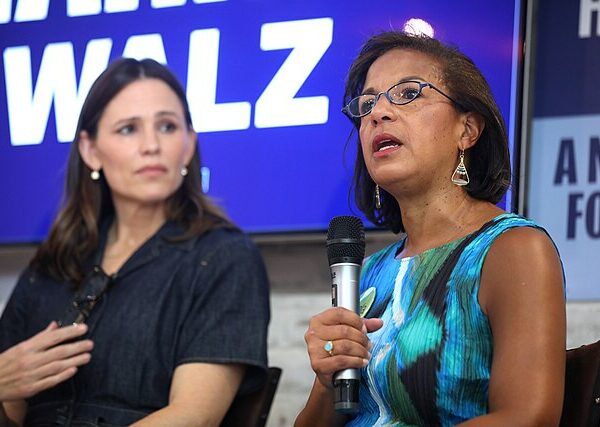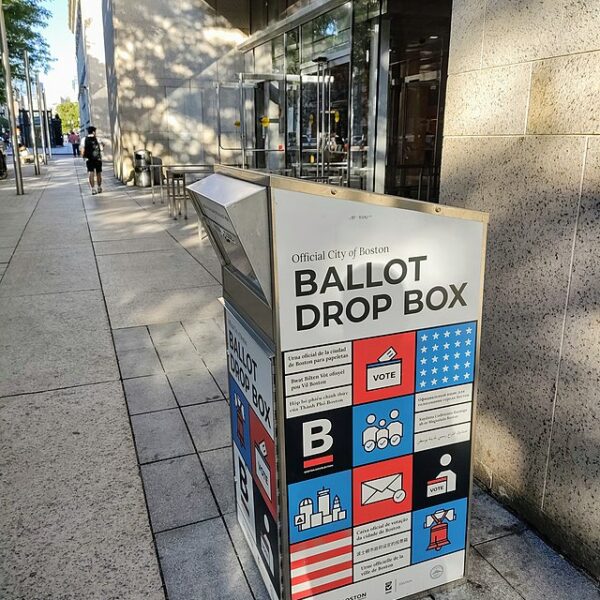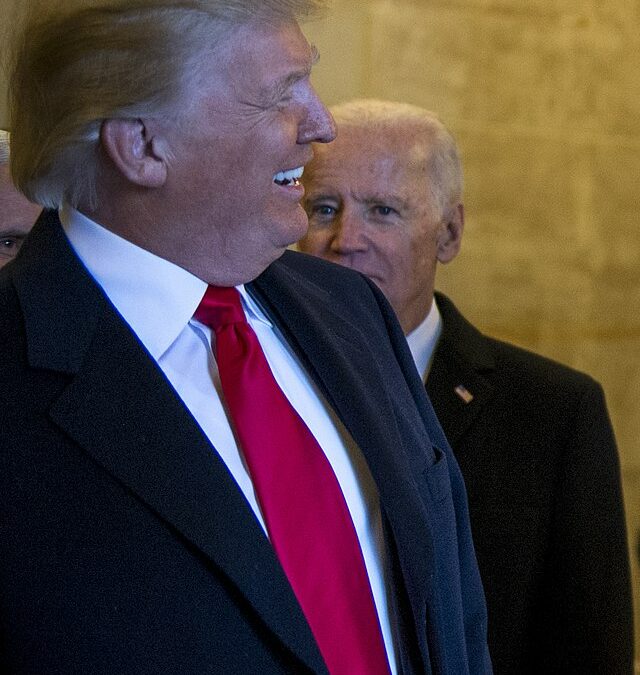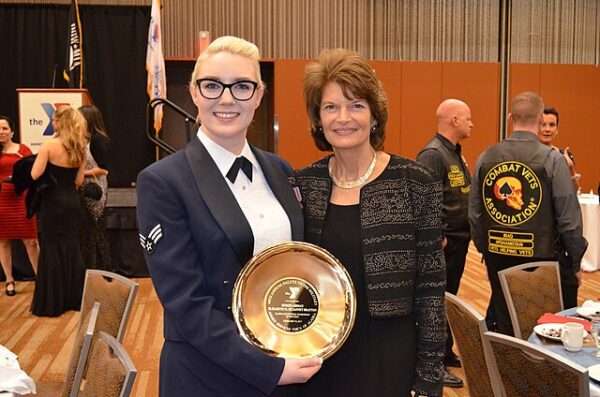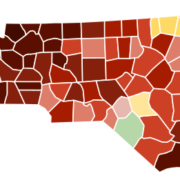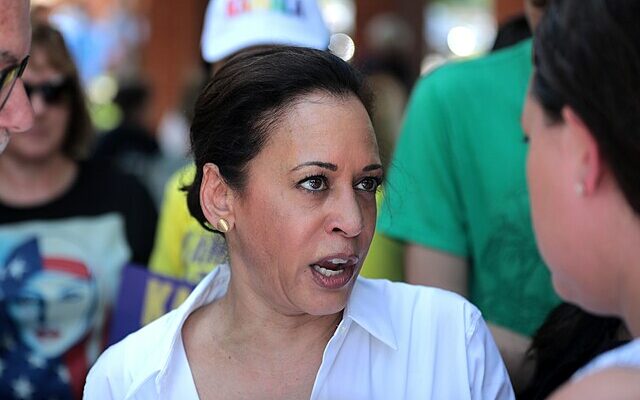
Anyone who has followed the career of Vice President Kamala Harris knows that one of the things she’s known for is creating word salads, often switching between various accents and making off the wall comments during her stump speeches. However, few people know that she wrote a book early on in her career called Smart on Crime: A Career Prosecutor’s Plan to Make Us Safer.
Buzzfeed noted that the book “laid out a vision for fixing the criminal justice system” and served as an “unapologetically pro–law enforcement and largely colorblind, a relic of an era in which the country’s conversation on criminal justice focused not on reducing arrests or diagnosing racial injustice in the system, but preventing offenders from committing crimes.”
The book, which Harris co-authored with journalist Joan O’C Hamilton, was instrumental in establishing her credibility as a criminal justice reform advocate during her run for California Attorney General. But a recent analysis by Stefan Weber, a well-known Austrian plagiarism investigator, claims the book contains more than a dozen instances of uncredited material, drawing comparisons to high-profile plagiarism scandals in academia. Conservative activist Chris Rufo has revealed that Harris copied and pasted portions of her book from Wikipedia.
In another section of the book, Harris, without proper attribution, reproduced extensive sections from a John Jay College of Criminal Justice press release. She and her co-author passed off the language as their own, copying multiple paragraphs virtually verbatim. Here is the… pic.twitter.com/9FpsxQE8Sz
— Christopher F. Rufo ⚔️ (@realchrisrufo) October 14, 2024
According to the New York Post, the alleged source material in each case was published before Harris’ book release.
The five side-by-side passages indicate that Harris may have lifted wording from an Associated Press article from 2008, a Wikipedia article as drafted in 2008, a Bureau of Justice Assistance report from 2000, an Urban Institute report from 2004, and a John Jay College of Criminal Justice press release describing a 2007 award.
In at least two of the instances, the source of the original verbiage is cited in footnotes — however, quotation marks are not around the apparently copied words and in other instances passages appear to be wholly uncredited, such as the Urban Institute report.
“Oh gosh,” Harris’ ghostwriter told The Post over the phone shortly after the allegations were published.
“I haven’t seen anything,” she added. “I’m afraid I can’t talk to you right now, though, I’m in the middle of something. Let me go try to figure that out.”
In addition to her copying and pasting from Wikipedia, Harris allegedly borrowed extensively from a press release issued by John Jay College of Criminal Justice, lifting entire paragraphs about crime-reduction strategies without proper citation, according to Rufo’s website.
Perhaps most controversially, Harris reproduced language from a Wikipedia entry about New York’s Midtown Community Court, a source long criticized for its unreliability. The vice president even copied Wikipedia’s errors, inaccurately claiming that “illegal vending was down 24 percent,” when the correct figure referenced arrests for unlicensed vending.
The Post noted that “plagiarism allegations often are fatal to the careers of journalists and academics, but politicians have survived similar controversies in the past — most notably retiring President Biden, who plagiarized a paper during his first year in law school, and during his 1987 run for the presidency misappropriated the family history and public remarks of British politician Neil Kinnock.”
[Read More: Walz Makes Absolute Fool Out Of Himself]

